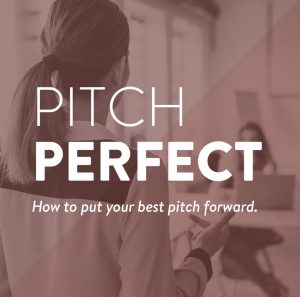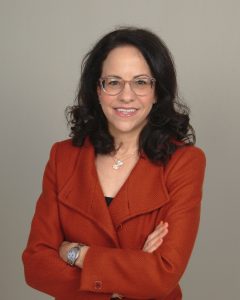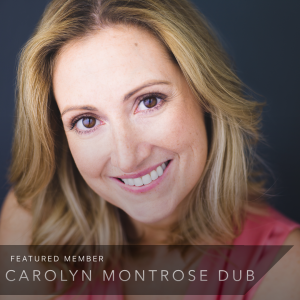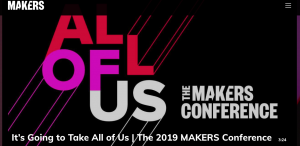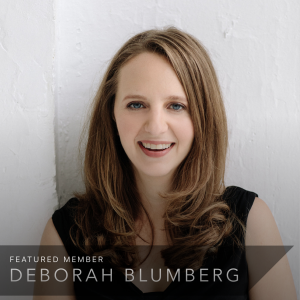What advice do you have for other women looking to make a career change but who are afraid or lack confidence? How is it on the other side?
Step 1: Listen. Set up coffee dates with women who’ve chosen different paths. Come prepared with questions, even the hard ones, and listen. Learning breeds confidence.
Step 2: Study your LinkedIn profile and resume. If you are taking a break, think about the things you didn’t have the opportunity to do while working full-time. Examples: networking more, taking a class, pursuing a project that’ll fill a hole in your resume, exploring a new hobby. Choose three of those things and get excited about pursuing them on your own timeline.
Step 3: Brainstorm easy ways to stay on top of your industry. Podcasts, curating news into a social feed, and keeping in touch with former colleagues are easy ways to remain connected and relevant.
Step 4: If you have a partner or spouse, work with them to make sure you can pull it off financially. Understand that you may have to cut back and set those expectations up front. Adding financial stress to the fatigue motherhood guarantees will set you back.
Most importantly, believe that you can do it. When you start doubting yourself, seek support from loved ones.
What continues to draw you to your chosen field and what do you hope to accomplish in the years ahead?
Creativity draws me back to marketing. I’d like to continue to grow my business and show my daughter that creating a life full of color and variety is possible whether you’re a mother or not.
What is the best piece of professional advice you’ve ever received?
People treat you the way you train them to.
Who has been your biggest cheerleader // supporter // mentor? (We love to spread the love here at The Second Shift!)
Early in my career, I worked for a media executive named Laura Schroff. Laura is now a New York Times bestselling author of An Invisible Thread (@lauraaninvisiblethread). She is one of the kindest people I know. She believed in me, opened doors that led to promotions even though she’d be inconvenienced losing an assistant, fought for my tuition reimbursement when I was working full time and in grad school at Columbia, and taught me a lot about media and life. I’m forever grateful for working with her.
How do negotiate the balance between life and work when you are the one setting the boundaries?
It’s about setting expectations more than boundaries. If I go for a run from noon to 1:30PM, I have to be comfortable with opening my laptop from 8-9:30PM to make a deadline the next day.
If you could tell your younger self one thing about what this professional journey would be like, what would you tell her?
Fear does not prevent death, it prevents life (no idea who said this but I love it). Looking back, there are many things I wish I pursued but didn’t because I was scared. Once I realized that I survived every failure I had along the way, I understood that failing is learning and a necessary part of the journey.
How do you make work work for you?
This goes back to setting expectations and creating tenets to live and work by. Mine are: nothing will ever be perfect (mom or not), flexibility doesn’t equal coasting, and every personal and professional opportunity is a gift.

